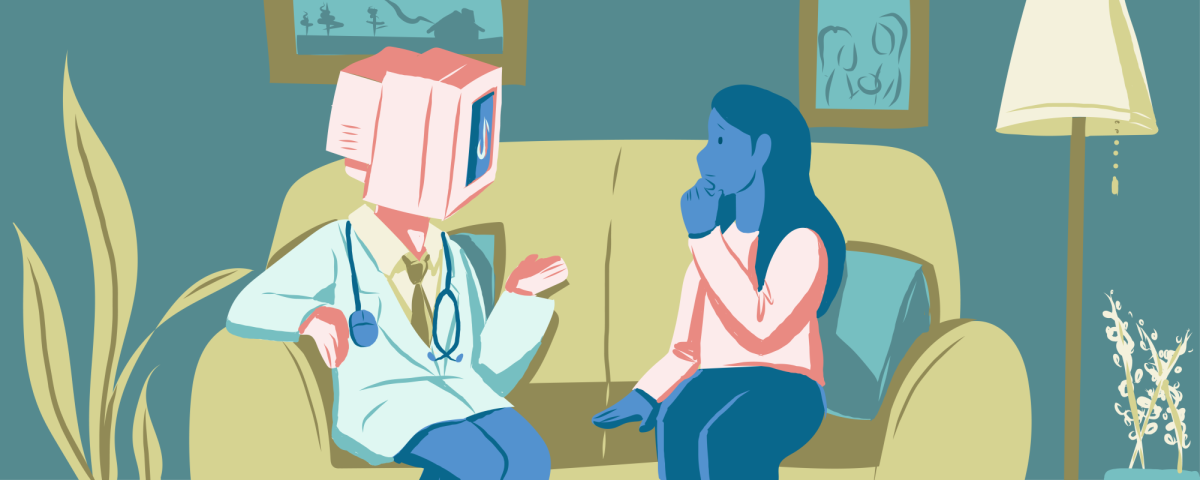College is often depicted as a time of growth, learning, new opportunities, and fun. However, it is also a time of academic pressures, social transitions, and personal challenges. This combination, for many students, can lead to feelings of burnout — a state of complete mental, physical, and emotional exhaustion. Understanding the factors that contribute to burnout among college students, recognizing when you are experiencing burnout, and learning how to recover from it are important for promoting student well-being and academic success.
“Some of the most common triggers of student burnout include having a heavy academic workload, moving out from your home, struggling to find a college job, financial struggles, receiving lower grades than usual, and struggling to make new friends in college, to name a few,” Novoresume stated.
Symptoms that you may have student burnout include exhaustion, decreased motivation, academic decline, social withdrawal, and several physical symptoms.
1. Exhaustion: Having constant fatigue and/or lack of energy to complete tasks, even with a supplemental amount of rest, is perhaps the most common sign of burnout. You may feel both physically and emotionally drained, which subsequently decreases your ability to focus and engage in social and academic activities.
2. Decreased Motivation: If you find that you have lost your drive and enthusiasm for your academic goals, you could be experiencing burnout. With this, you may also experience a lack of interest in your coursework, extracurricular activities, and future life and career goals. What was once important to you seems more like an unwanted chore than a prize that you are striving to win.
3. Academic Decline: “Whether it’s because of a lack of motivation, inability to focus and think creatively, or physical health issues, getting lower grades than usual is a key sign of student burnout. You should also keep in mind that student burnout can differ from student to student. While some students procrastinate and skip classes, others hyperfocus on their performance, leading to overworking and pulling consecutive all-nighters,” Novoresume remarked.
4. Social Withdrawal: Having burnout tends to feel pretty overwhelming and as a result, you may find yourself withdrawing from social activities with friends and family. Instead of going out with your friends for the night, staying in bed might seem like a better alternative during cases of burnout.
5. A Decline in Physical Health: The chronic stress related to burnout can appear in various physical symptoms. Headaches, muscle tension, stomach issues, and compromised immune function are some of the physical symptoms caused by burnout.
“While getting one cold after another may seem more of an inconvenience than a big deal, it might be a symptom of student burnout. As such, it’s important that you don’t ignore the warning signs of student burnout, as it can affect both your mind and your body,” Novoresume stated.
If you think that you may be experiencing student burnout, do not be alarmed. Even though it may seem impossible in the moment, overcoming burnout is not overly difficult. The first step that needs to be taken is recognizing that you are experiencing burnout. From there, there are multiple steps that you can take to conquer burnout:
1. Seek Support: Do not be afraid to ask your friends and family or reach out to campus resources for support. Talking to a trusted individual or seeking professional guidance can provide an outlet for your stressors and allow you to understand why you are experiencing burnout.
2. Prioritize Self-Care: Spend time involving yourself in activities that promote your physical, emotional, and mental well-being. Such activities include getting regular exercise, setting up and sticking to a healthy sleep schedule, giving yourself breaks, and using relaxation techniques like meditation.
3. Create a Schedule: Establishing a realistic routine in your life is very beneficial.
“Developing your time management skills can speed up your student burnout recovery, so make sure to follow a routine. Not to mention, having some structure in your life can make you feel more in control, organized, and motivated,” Novoresume remarked.
4. Set Up Boundaries: Learning to set boundaries can help you feel much less overwhelmed throughout your college experience. Do not be afraid to say no to any additional commitments that may induce your stress levels. Instead, try prioritizing activities that will healthily contribute to your well-being.
5. Think About Your Priorities: While working to recover from burnout, take some time to reassess your goals and priorities. Make a list, starting at the top with what is the most important to you and ending with the least. Adjusting your expectations and your workload can help alleviate the stress related to burnout.
Learn how to thrive in college, not just survive! If you recognize the signs of burnout in your life, do not waste any more time. As you take the necessary steps to alleviate the stressors that overwhelm you in your daily life, you will start to find your motivation again and regain the energy necessary to participate in social activities and complete your academic work. For more information on how to recognize, resolve, and completely prevent burnout, visit novoresume.com/career-blog/student-burnout#:~:text=Learning%20to%20say%20’no’%2C,ways%20of%20avoiding%20student%20burnout.






